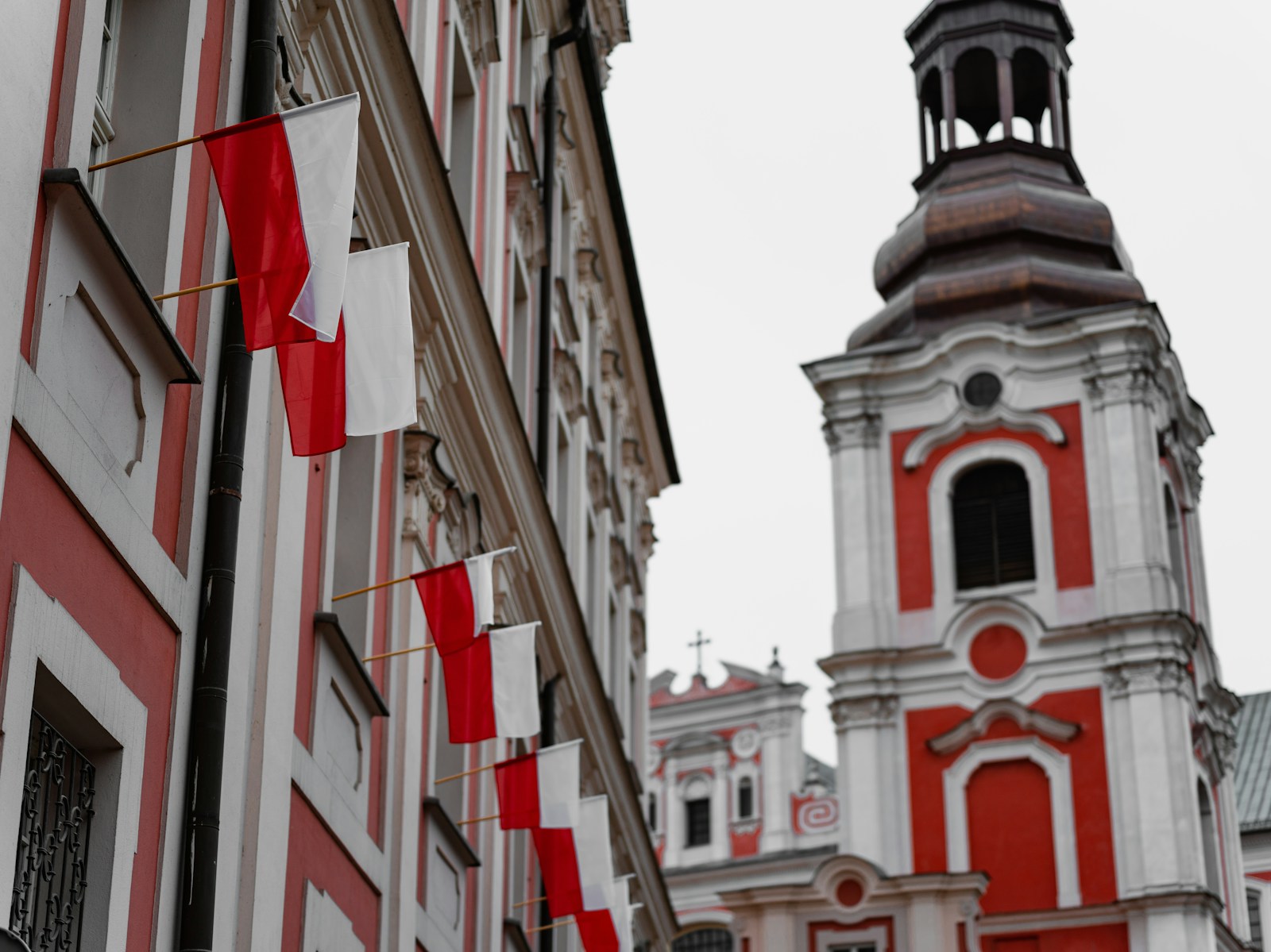Key Takeaways:
- Karol Nawrocki, a right-wing historian, has won Poland’s presidential election with 50.9% of the vote.
- He narrowly defeated Rafal Trzaskowski, the liberal mayor of Warsaw, who secured 49.1%.
- The result shocked many as exit polls initially showed Trzaskowski leading with 50.3% to Nawrocki’s 49.7%.
- This marks a significant shift in Poland’s political landscape.
In a stunning twist, Karol Nawrocki, a right-wing historian, has been elected as Poland’s new president. With all votes counted, Nawrocki secured 50.9% of the votes, just barely edging out Rafal Trzaskowski, who garnered 49.1%. This narrow victory has sent shockwaves across the country and beyond, as it defies initial exit polls that suggested Trzaskowski was in the lead.
How Did This Happen?
On Sunday evening, as voting ended, exit polls were released, showing Trzaskowski, the liberal mayor of Warsaw, winning with 50.3% of the vote. Nawrocki trailed closely behind with 49.7%. However, as more votes were counted, the tide turned dramatically. By the time all votes were tallied, Nawrocki emerged as the winner, capturing 50.9% to Trzaskowski’s 49.1%.
This dramatic shift highlights how close the race was. It also underscores the deep divide in Polish society, with voters split nearly down the middle between left and right.
Who is Karol Nawrocki?
Karol Nawrocki, a historian and politician, has long been associated with right-wing ideologies. His campaign focused on conservative values, national sovereignty, and a strong stance against EU influence. Nawrocki’s victory could signal a shift toward more conservatism in Poland’s political landscape.
Interestingly, Nawrocki’s win has drawn comparisons to other populist leaders across Europe who have gained power in recent years. His campaign’s emphasis on traditional values and patriotism resonated with many voters, particularly in rural areas.
What Does This Mean for Poland?
Nawrocki’s presidency is expected to have significant implications for Poland’s domestic and foreign policies. Polls suggest that his government may take a harder line on issues like immigration, LGBTQ+ rights, and relations with the European Union.
His election could also deepen political divisions in Poland. Many liberals and progressives have expressed concern about the direction the country is heading. On the other hand, his supporters view his victory as a triumph of traditional values and a rejection of what they see as overreach by the EU.
What’s Next?
Now that the votes are in, the focus shifts to how Nawrocki will govern. Will he unite the country, or will his policies exacerbate existing divisions? Only time will tell.
One thing is certain: this election has shown that Polish voters are deeply split, and the road ahead will require careful balancing acts. Stay tuned for more updates as this story unfolds.
